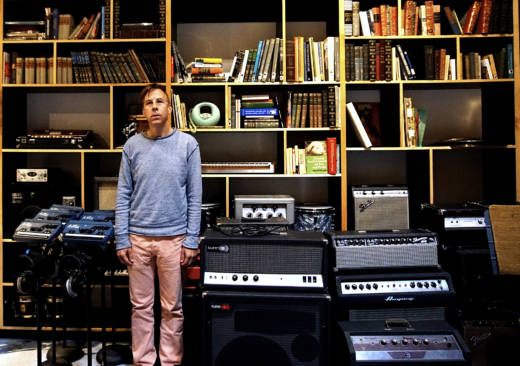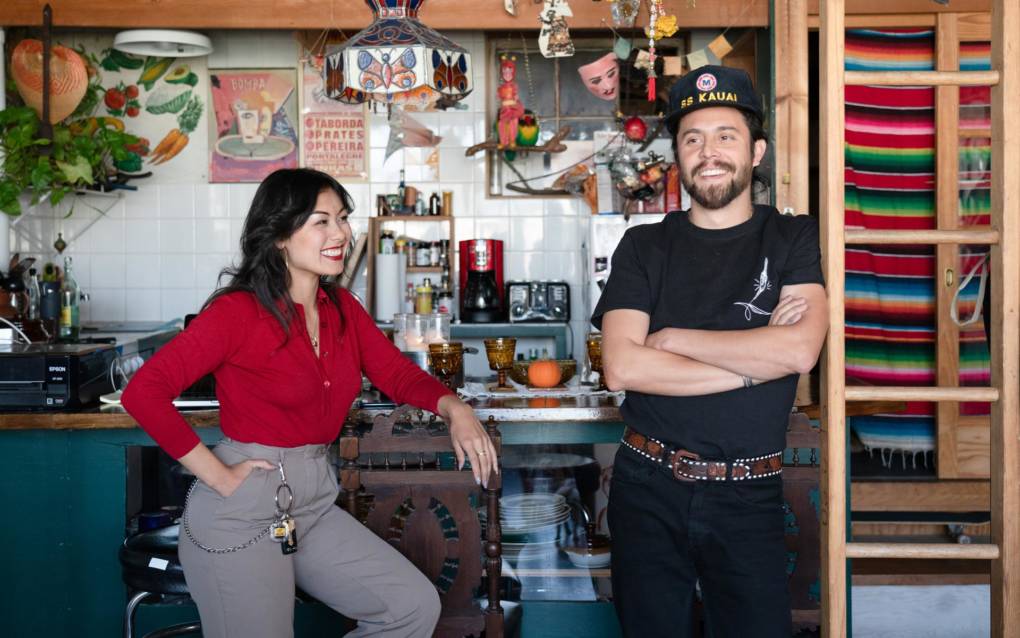“I think our landlord has shielded us, but you can only shield someone so far,” he adds.
Tiny Telephone’s San Francisco location is part of a four-building compound known as the Farm, which has a colorful history as a hub for radical ideas, urban gardening and DIY culture in San Francisco since the 1970s, when it was founded by conceptual artists Bonnie Ora Sherk and Jack Wickert. Comprised of converted industrial warehouses, the property borders Potrero and San Bruno Avenues, and is nestled between between Potrero del Sol park and Highway 101. In its first iteration, the Farm hosted gardening classes for school kids and served as a rehearsal space for performing arts groups such as the San Francisco Mime Troupe.
In the ’80s, punk bands like the Descendents and Bad Brains performed at the Farm. The original tenants were evicted in 1987. In its current incarnation, it includes three commercial buildings and one residential one (plus another adjoining residential building that isn’t owned by the Goode family). In addition to Tiny Telephone, the compound is home to punk label Subterranean Records, three art studios, a florist, a bike bag maker, a biotech company and other small businesses.
Tiny Telephone’s departure foreshadows what could be another end of an era at the mixed-use creative space. The fate of the Farm has hung in limbo for years as the owners have announced, and then called off, major changes at the property. Currently, they’re awaiting the Planning Department’s approval on a six-story (plus basement) apartment building that will require the demolition of the three commercial-use buildings in the compound.






